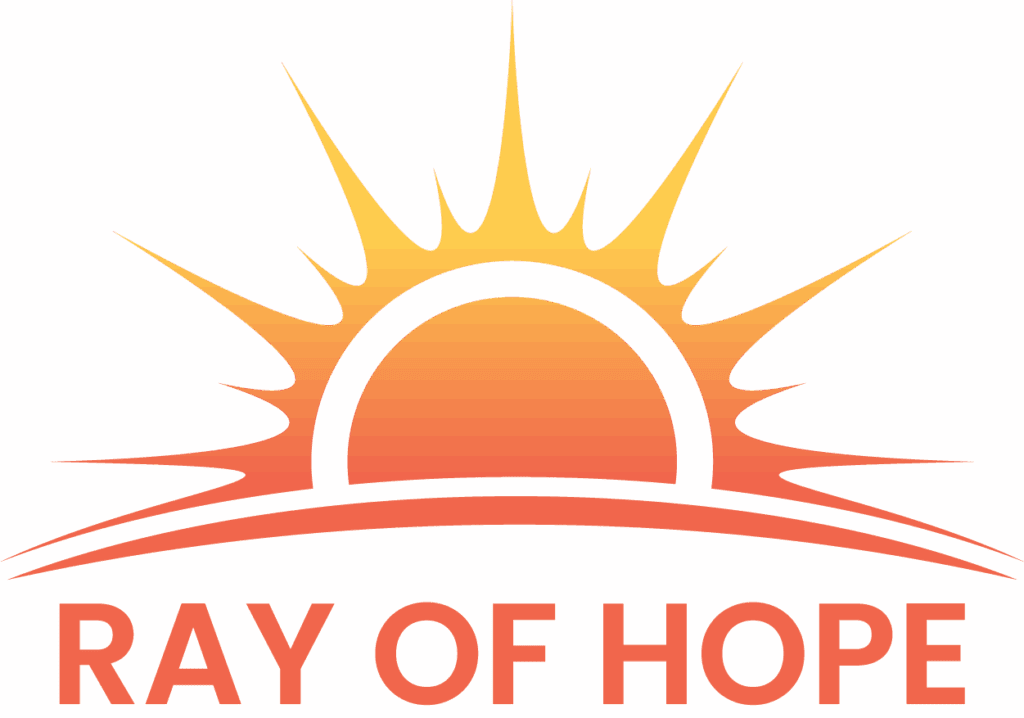Recovery from addiction requires options that are flexible, supportive, and comprehensive. Intensive outpatient programs (IOPs) have emerged as a highly effective solution, providing structured care without requiring individuals to leave their everyday lives.
This article examines the primary advantages of IOPs, including their structured design, flexibility, evidence-based therapies, mental health support, affordability, and capacity to foster long-term coping skills.
Structured Care Without Full Hospitalization
One of the primary benefits of an IOP is the ability to receive consistent, structured care without the need to stay in a residential facility. These programs typically involve scheduled therapy sessions, group meetings, and relapse prevention education several times a week. This regular schedule ensures participants remain engaged in their recovery while still sleeping at home each night.
The structure helps individuals stay accountable and provides the support needed to address challenges early on, creating a foundation for long-term healing. This balanced design demonstrates why intensive outpatient programs for addiction treatment have become a reliable option for many seeking recovery.
Flexibility to Balance Daily Life
Flexibility is a key aspect of the appeal of these programs. Unlike inpatient care, which requires a full-time stay, intensive outpatient services allow participants to maintain jobs, attend school, or care for family members while receiving therapy. This balance helps reduce the stress that often accompanies extended periods away from home.
Allowing people to stay active in their personal and professional lives, intensive outpatient recovery options facilitate the application of skills directly in daily situations, thereby reinforcing the lessons learned in therapy. This connection between guided care and real-world experience helps build lasting success.
Access to Evidence-Based Therapies
Another strength of intensive outpatient care is access to evidence-based therapies. Modalities such as cognitive behavioral therapy (CBT), dialectical behavior therapy (DBT), motivational interviewing, and family counseling are often part of IOP treatment plans. These approaches target both the psychological and behavioral aspects of addiction, helping individuals develop practical skills to manage triggers and cravings.
Group therapy sessions foster a sense of shared accountability and community, while individual counseling addresses personal challenges in greater depth. Together, these methods provide a comprehensive framework for recovery.
Support for Mental Health and Co-Occurring Disorders
Addiction often does not exist in isolation. Many people also face depression, anxiety, Post-Traumatic Stress Disorder (PTSD), or other mental health challenges alongside substance use. Intensive outpatient programs are uniquely equipped to address these co-occurring disorders by incorporating mental health support into individualized plans. Participants may receive one-on-one counseling focused on emotional health, group sessions addressing trauma, and education on how mental health symptoms can interact with substance use.
This integrated approach ensures that both substance use and underlying mental health conditions are addressed simultaneously. Managing these interconnected issues improves emotional stability, reduces the likelihood of relapse, and helps individuals develop resilience during the recovery process.
Cost-Effectiveness and Accessibility
Financial considerations can be a barrier to seeking help. Compared to inpatient or residential care, intensive outpatient programs are generally more affordable while still providing high-quality services. Because they do not require room and board, these options reduce overall expenses and limit many of the added costs that accompany residential stays, such as meals or facility overhead.
Many insurance providers cover a significant portion of the cost, further improving accessibility. Some centers also offer payment plans or sliding-scale fees, making care possible for individuals with varying financial circumstances. Lowering these financial barriers enables more people to commit to recovery, sustain participation, and focus on building healthier lives without incurring excessive financial strain.
Building Long-Term Coping Skills
The ultimate goal of recovery is to equip individuals with the tools they need for long-term sobriety. Intensive outpatient programs place strong emphasis on building coping strategies, stress management techniques, and relapse prevention plans. Skills learned during therapy, such as identifying triggers, developing healthier routines, and fostering positive relationships, are immediately practiced in everyday settings.
Continued participation in support sessions and regular check-ins reinforces these skills, enabling individuals to develop confidence in maintaining their recovery outside of formal care. These strategies become second nature, enabling people to handle high-risk situations, maintain healthy routines, and build resilience when faced with challenges.
Community and Peer Support
Another important benefit of intensive outpatient programs is the opportunity to form connections with peers who are also working toward recovery. Group therapy and support networks within outpatient care provide encouragement, reduce isolation, and foster accountability. These interactions enable participants to share personal experiences, learn from others’ successes and setbacks, and foster meaningful relationships founded on mutual understanding.
These connections often extend beyond the program itself, creating a supportive community that can continue to provide motivation, guidance, and shared understanding throughout an individual’s recovery journey. Practices such as journaling addiction experiences are recognized as effective tools for recovery, helping individuals reflect on progress, process emotions, and strengthen their commitment to sobriety.
Final Thoughts from Ray of Hope
Intensive outpatient programs combine structure, flexibility, and evidence-based care to provide effective treatment for individuals working toward recovery. They also address co-occurring mental health conditions, reduce financial barriers, and emphasize the development of skills for long-term success. Through blending clinical guidance with real-world application, these treatments provide a practical and impactful path to sobriety.
At Ray of Hope, we understand the importance of accessible and comprehensive outpatient care. Our intensive outpatient programs in Columbus, OH, integrate proven therapies with personalized support to ensure individuals have the resources they need for lasting recovery. Through a compassionate and structured approach, we remain committed to guiding people toward a healthier, substance-free future.




